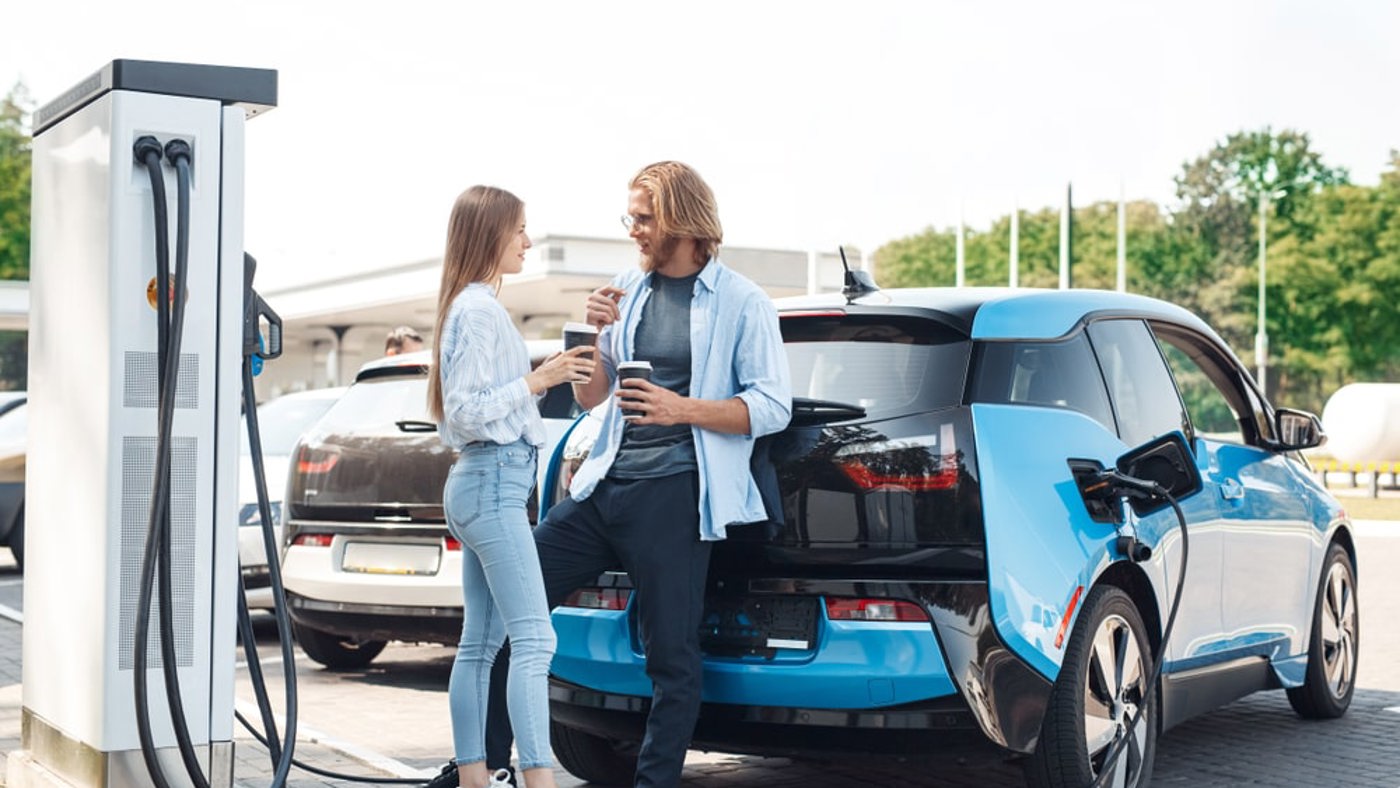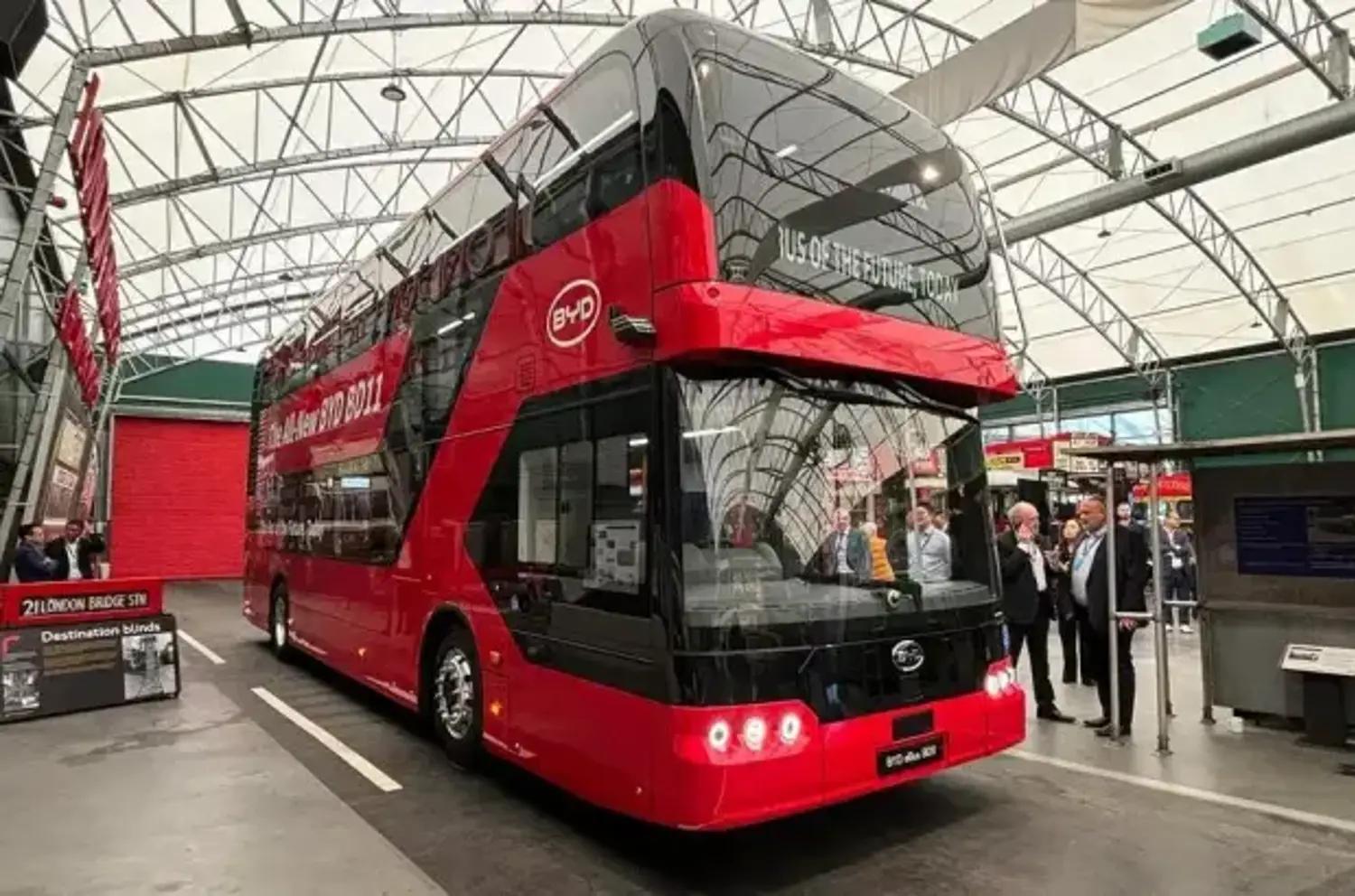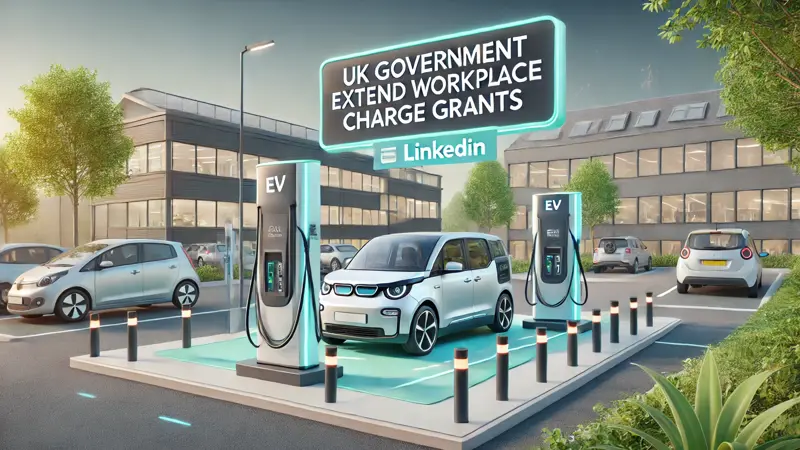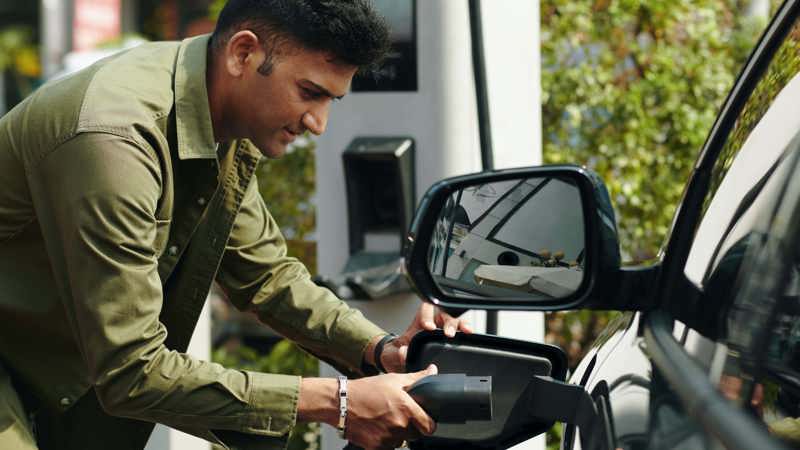
EV News Round-Up: Uber's £5000 grant, EV charging costs cut, and a new 'Boris Bus'
Read on for our summary of the latest EV news, including a grant for London EV Uber drivers, the latest on EV charge point pricing and more!
Uber's £5,000 grant for London drivers to go electric
Uber has announced a £5,000 grant for its drivers in London who switch to EVs.
This initiative is part of Uber’s broader strategy to promote the adoption of electric cars among its drivers, aiming to reduce carbon emissions and support sustainable transport. It is part of a £145 million fund designed to help their London drivers make the transition to E-mobility cheaper, faster and more efficient.
The grant, aimed at accelerating the transition to EVs, is available to drivers with a high number of rides. It complements other existing incentives and discounts, including discounts of up to £17,000 on EVs, as well as three months of free charging credits worth £750 and an exclusive charging rate through BP Pulse.
Uber's General Manager for Northern and Eastern Europe, Andrew Brem, highlighted the company's dedication to sustainability. He said: “Now is the time to speed up on electrification, not slow down.”
“Uber drivers can be the catalyst for accelerating electrification across the transport sector but collaboration will be crucial to combat air pollution and work towards a more sustainable future.”
The initiative responds to London's stringent emission regulations and the broader global push towards sustainable urban mobility. Uber has made significant strides in this direction, and London is already Uber’s leading city for EVs globally with 25% of Uber’s miles in the capital now fully electric. The new grant is expected to boost this number further, moving Uber closer to its goal of having all rides in London operate on electric vehicles by 2025.
New data, released by Uber shows that the proportion of EV trips by Uber drivers in the Congestion Charge zone more than doubles when the zone is active, avoiding the £15 charge through an EV exemption.
Earlier this year, Uber introduced a new in-app feature that displays the emissions saved by riders who choose Uber Green. This information appears alongside their usual Uber rating, encouraging passengers to continue opting for zero-emissions rides.
Sadiq Khan, Mayor of London, said: “I am determined to achieve my mission to make London a net zero city by 2030, and the electrification of our buses and cars is absolutely key to this.”
UK energy price cap reduction cuts EV charging costs
In good news for EV owners, the UK’s energy price cap has been reduced, leading to cheaper EV charging costs. This change, effective from July 1 to 30 September 2024, will see the price cap fall seven percent annually, equating to £1,568, a drop of £122 over a year.
The price cap announced by The Office of Gas and Electricity Markets (Ofgem) limits the maximum amount energy companies can charge per unit of electricity. This adjustment reflects lower wholesale energy prices and is expected to bring substantial savings to households, particularly those with EVs.
Experts in the EV industry are optimistic about the positive impact of this change on EV ownership as the drop further reduces home charging costs for EV owners, making electric cars even more economical and attractive.
Autoexpress compared EV energy costs of home charging with the cap to ICE fuel costs, reporting the UK’s best-selling family SUV, the Nissan Qashqai, will set back owners roughly £1,537 per year if they cover 10,000 miles. That’s over £1,000 per year more spent on fuel than with the electric Tesla.
Financial benefits come at a crucial time as more people consider EVs' environmental and economic advantages. Any reduction in energy costs not only alleviates household expenses, offering some respite in their energy bills for consumers grappling with the cost-of-living crisis. But it also makes EV ownership more affordable supporting the government's ambitions to phase out petrol and diesel cars by 2030.
Hopes fade for visible roadside EV charge point pricing
Efforts to display clear pricing at roadside electric vehicle charge points in the UK are dwindling. Despite calls from FairCharge, the EV campaign group, and the RAC for transparency, recent developments suggest that visible pricing for EV charging may not become a reality soon.
Current Public Charge Point Regulations, introduced in November last year, do not mandate pricing totems but require charge point operators (CPOs) to display the maximum price of a charging session.
The Department for Transport (DfT) deferred policy decisions around agreed symbols and motorway service area signage to National Highways.
A spokesperson for National Highways said: “We would support activity that helps to increase the visibility and transparency of EV charging provided it remained in keeping with current rules on motorway service area signage.”
Current regulations for Motorway Service Area (MSA) signs limit them to six pieces of information (logos), along with the operator logo and location. Adding EV charging prices would require MSA operators to replace some of these existing logos. National Highways noted that many MSAs have multiple EV charging operators, complicating the display of clear EV pricing due to variations in brand and charging speeds.
This has raised concerns among EV drivers who face uncertainty over charging costs.
Mohammed Patel, head of energy and utilities (Europe) for EG Group, said the decision to roll out pricing totems was around driving consumer trust and boosting charging network visibility.
He explained: “Transparent pricing empowers consumers by providing them with clear information about the costs associated with charging their vehicles.
“It removes uncertainty and, ultimately, contributes to a smoother and more convenient charging experience.”
The government regulations to ensure that all public charge points offer contactless payment and real-time availability data by 2024 are designed to make EV charging more convenient and user-friendly.
However, the absence of visible pricing remains a sticking point. Drivers argue that clear, upfront pricing is essential for making informed decisions about where to charge. As the EV market grows and pressure increases to meet evolving customer demands, these transparency issues highlight the ongoing challenges in creating a seamless and accessible charging network across the UK.
Electric double-decker buses set to replace famous ‘Boris Bus’
The UK could be set to replace its iconic diesel red double-deckers with an electric version.

Last week at the London Bus Museum the Chinese manufacturer BYD presented its B11. The electric bus was presented powered by a 532kWh battery. With an impressive 400-mile range it could 90 passengers up to double the miles the current London buses travel in a day. And that’s not its only boast; BYD says the vehicle is built with outstanding durability and safety that would expect to see the B11 model keep running for up to 20 years.
The current hybrid "Boris buses" - which gained their nickname after Boris Johnson backed the idea - have been slowly phasing out in a bid to make TfL all-electric by 2030.
The bus can also ‘boost’ its charging speed - enabling a zero to full charge in just two hours. And this BYD model is quoted as being £100,000 cheaper than its British counterparts.
BYD UK's commercial vehicle managing director Frank Thorpe commented on the company's confidence in presenting viable all electric options for public transport in the capital, saying:
"We genuinely believe it's a game-changing product in terms of its efficiency, safety and commercial appeal. We believe it's going to be significant
"We've had a fantastic reaction from operators and stakeholders – the Department for Transport, Transport for London – and we're now going to prove what we say.”
Interested to find out how Clenergy EV can help power your EV adventure? Get in touch below.


